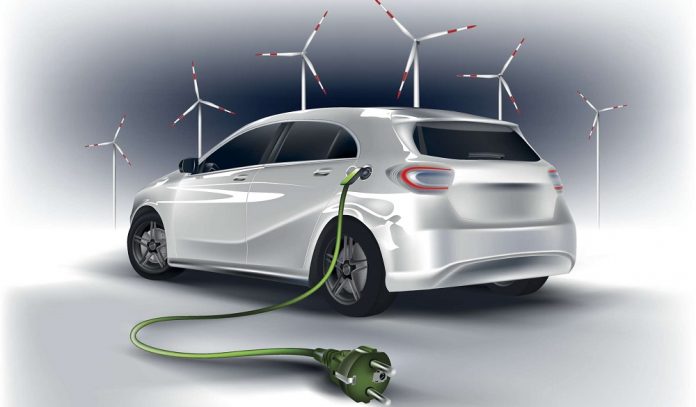- Humanity has progressed exponentially on the back of tremendous advancements, innovations, inventions, and unprecedented developments driven by technology-enabled mechanisms. The modern-day world is defined by dynamic growth largely owing to perpetual inventions of tools and equipment providing every conceivable comfort as well as effortless amenities to humanity. And none of us are complaining as the living standards metamorphose into an amazingly alluring phenomenon that cannot be compared to what used to be just a few decades back. However, the most worrying part of such humongous transformations occurring everywhere is being directly borne by the environment leading to repercussions.

PC: CORPORATE
- No wonder, all concerned entities are leaving no stone unturned in their efforts to address this increasingly glaring anomaly which is already leading to widespread disturbances in the naturally serene and harmonious existence of the universe and mankind. Global warming, climate changes, El Nina and La Nina effects resulting in floods, droughts, snowfalls, heat, unpredictable weather patterns, and unforeseen occurrences have become quite a common spectacle. Environmental degradation, clean and renewable energy, carbon emission concerns, fossil fuel consumption, and industrial pollution owing to unchecked exploitations have become buzzwords highlighting the need and necessity for immediate redressal that cannot be ignored any longer.
- Consequently, there is a clarion call originating from across the globe to embrace electric vehicles as one of the most effective means to support the endeavor to reduce the debilitating effects of carbon footprints. India too is not left behind in flagging the concern as well as remedying in right earnest. The electric vehicle market for two-wheelers in India is at a crossroads. Note that around 81% of the 18.6 million vehicles sold last year were two-wheelers. Thus, if the industry transitions from one dominated by vehicles run through internal combustion engines to EVs, it will be in sync with India’s climate change goal. Since the subsidy is available to quicken the transition, both traditional and newer manufacturers are encouraged to enter the EV market.

PC: ETAuto
- The enthusiasm for EVs sometimes leads to calls for unsound policy changes as was proposed by Niti Aayog in 2019 to ban all two-wheelers running on combustion engines by 2025. Now, Ola’s co-founder has echoed a similar approach calling on incumbents to reject petrol and fully commit to electric vehicles. Public policy has already provisioned a boost to EVs through a set of financial incentives to stoke demand consistent with climate change goals. However, there are two important issues for considerations here. As you are aware, fuel taxes subsidize EVs since it is one of the biggest sources of revenue for the government. It shored up budgets in a pandemic, no less. Also, the revenue so generated supplements the governments to perform many indispensable functions as well.
- Another issue for consideration is strategic necessities. It is no coincidence that China dominates both the processing and manufacturing of Lithium-ion batteries. Moreover, mineral ores and concentrates are found in just a few countries with China again having a key position. A policy that fails to consider these imperatives under the garb of transition to EVs will lead to unintended consequences. Therefore, the subsidised EVs should compete with combustion engine vehicles by ensuring the latter meets the existing emission standards in letter and spirit. A nice balancing act encouraging both should be the way forward.






